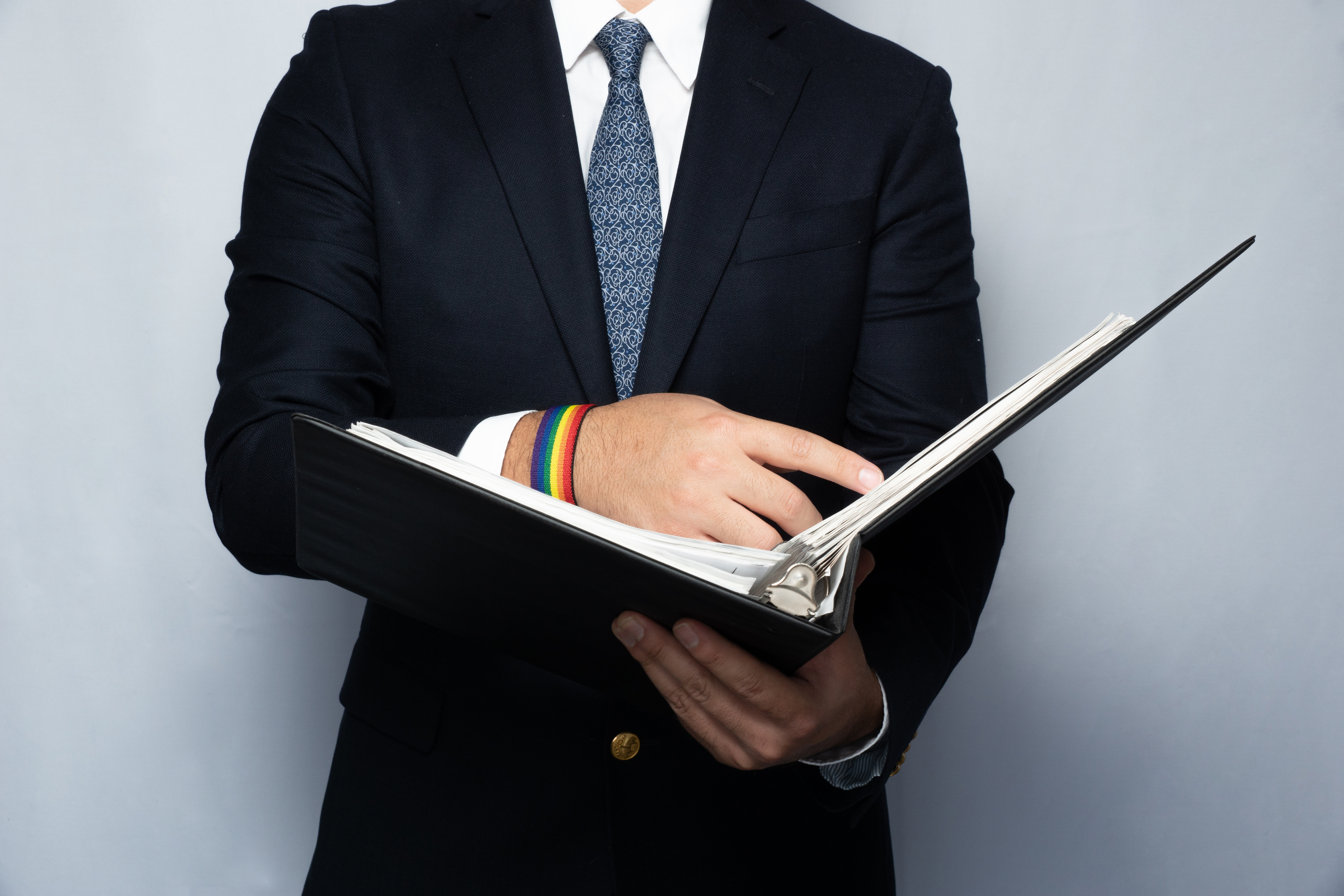Column: Constitutional Limits on Congressional Investigations Into Palestine-Israel Advocacy
Civil Liberties Union

Update: On June 15, 2020, the Supreme Court ruled that under federal law, employers cannot fire or otherwise discriminate against workers just for being LGBTQ. The original post is below:
The Supreme Court will soon decide whether it’s legal under federal law to fire LGBTQ people for who they are. But in New York, it’s already against the law to do so.
Still, what the court decides will impact New Yorkers, along with millions of other Americans.
Earlier this week, the Supreme Court heard arguments in three cases in which the Trump administration argues it is legal under federal civil rights laws to fire LGBTQ workers. The specific question before the Supreme Court is whether a LGBTQ person who is fired because of their sexual orientation or gender identity is fired because of their “sex.”
The answer should be a resounding yes. It is simply impossible to be fired because of sexual orientation or gender identity without an employer taking into consideration a person’s sex. But if the Supreme Court agrees with the Trump administration, what would that mean for LGBTQ New Yorkers?
Fortunately, New York is one of 21 states (and the District of Columbia) that explicitly prohibit employment discrimination based on sexual orientation or gender identity. Protections for lesbian, gay, and bisexual employees have existed in our Human Rights Law since 2003.
Earlier this year, the New York legislature passed GENDA, the Gender Expression Non-Discrimination Act, which explicitly adds protections for transgender and gender non-conforming people.
These protections under the Human Rights Law will not be impacted by the Supreme Court’s ruling. Regardless of what the Supreme Court says about the federal civil rights laws, New York employers will continue to be prohibited from firing LGBTQ workers or treating them unfairly.
Employees can file complaints with the New York State Division of Human Rights or, if they work in New York City, with the City’s Human Rights Commission. They also have the option of filing a lawsuit in state court.
We all have a right to be who we are – in the workplace and everywhere else.
But if the Supreme Court rules that LGBTQ people are not covered by the federal civil rights laws, there will be some consequences for New Yorkers. For one thing, cases under the Human Rights Law can be harder to win than under the federal civil rights laws.
Consider the case of Donald Zarda, the plaintiff in one of the three cases argued in front of the Supreme Court. Don was an instructor at a skydiving business on Long Island called Altitude Express. He took customers on tandem jumps where they would be closely connected to him through a harness. One day, Don told a female customer that he was gay to try to make her more comfortable during the jump. When his employer found out, Don was fired.
Don sued Altitude Express, but a jury found that he didn’t prove his sexual orientation was the only reason he was fired, which the court determined was required by the New York law. The only way left for Don to win was under the federal civil rights law, which only requires a plaintiff to show that their sex was a motivating factor – not the only factor – leading to their firing. But if the Supreme Court says being fired because you are gay is not discrimination “because of sex,” Don has no other avenues to correct the injustice he suffered.
Another way New Yorkers will be directly affected by the upcoming decision is in the context of employee benefits. This is because federal laws trump state law in certain contexts. So if a New Yorker claims that their employer has discriminated against them by denying them benefits – say by offering health insurance that doesn’t cover a same-sex spouse – they might only be able to make a claim under federal anti-discrimination law. And if the Supreme Court excludes LGBTQ people from federal protections, New York law can’t help.
New Yorkers will still have important protections against discrimination, even if the Supreme Court refuses those same protections to our LGBTQ neighbors in the majority of states throughout the country. But the stakes are still high for New Yorkers and millions of Americans across the country.
The New York Civil Liberties Union is part of the team of lawyers who represented Don before the Supreme Court, and we stand with him and the other plaintiffs who await the Court’s decision.
We all have a right to be who we are – in the workplace and everywhere else.